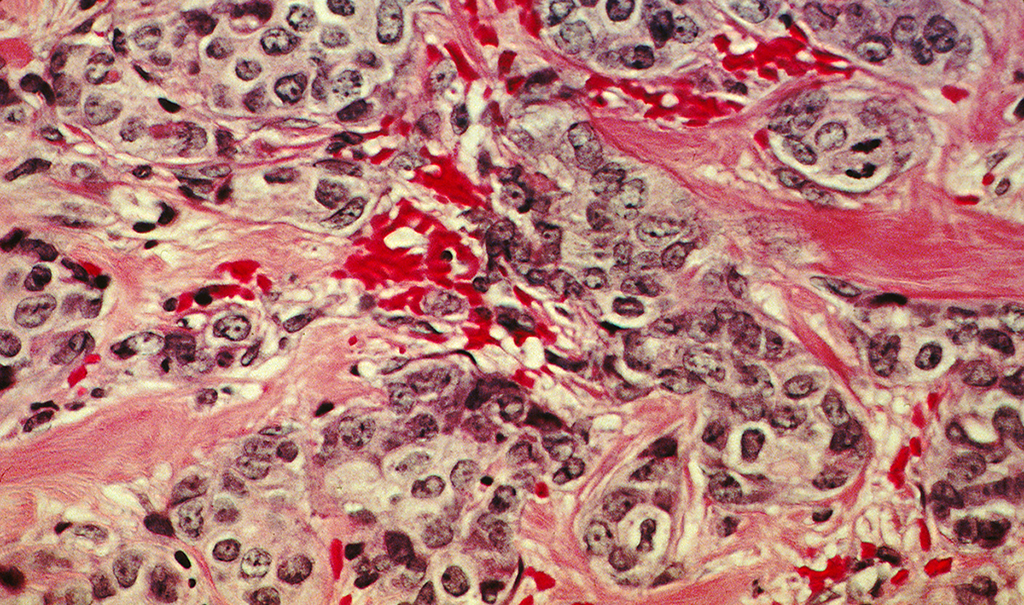Experts in biomedical engineering and electrical and computer engineering at Michigan State University are collaborating on the limitations of wide-field tumor imaging in the fight against breast cancer.
 Zhen Qui, assistant professor of biomedical engineering, and Nelson Sepulveda, associate professor of electrical and computer engineering, have been awarded a $360,000 grant from the National Science Foundation to further their research in miniaturized ultra-low power surface-enhanced Raman spectroscopy.
Zhen Qui, assistant professor of biomedical engineering, and Nelson Sepulveda, associate professor of electrical and computer engineering, have been awarded a $360,000 grant from the National Science Foundation to further their research in miniaturized ultra-low power surface-enhanced Raman spectroscopy.
Their project is: “Implantable Ultra-low Power VO2 MEMS Scanner based Surface-enhanced Raman Spectroscope for Wide-field Tumor Imaging.”
The researchers will focus on developing an implantable microelectromechanical system for in-vivo monitoring, longitudinal study of tumor growth, and nanoparticles-based targeted drug delivery. Goals of the proposed implantable micro-scanner include higher sensitivity, scalable resolution, deeper penetration, and shorter integration time.


